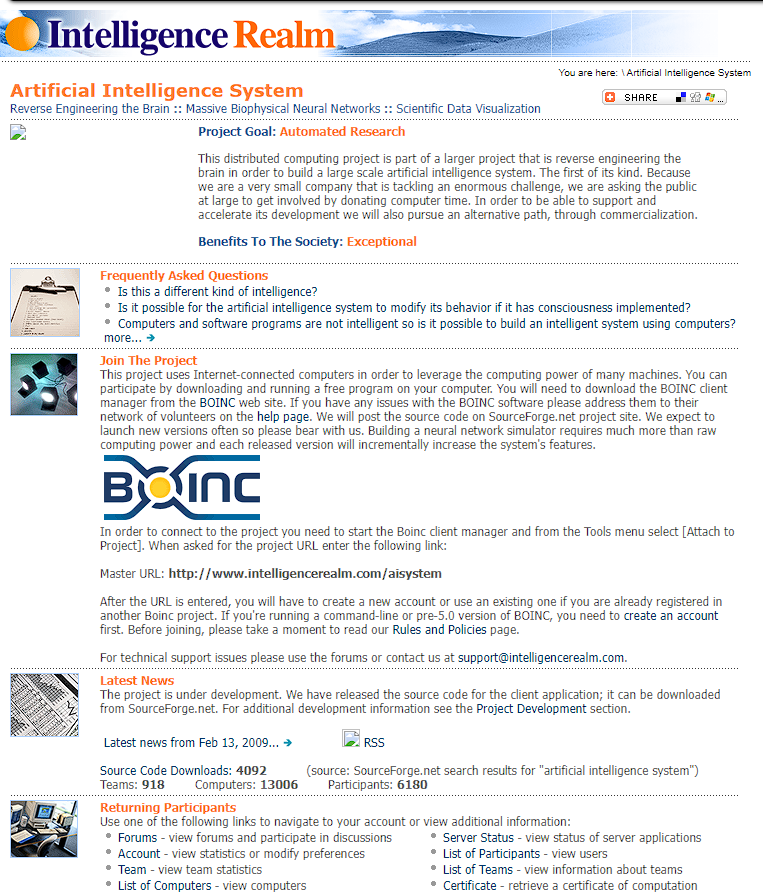Integrating AI in Neurology Education: Insights Ahead of ANA/AUPN 2025

As the field of neurology evolves, the integration of artificial intelligence (AI) into clinical practice and education is becoming increasingly significant. Dr. Elisabeth Marsh, an associate professor of neurology at Johns Hopkins University, shared insights on the emerging role of AI in enhancing diagnostic accuracy and streamlining workflows in a recent interview, highlighting these topics ahead of the 2025 American Neurological Association (ANA) and Association of University Progressors of Neurology (AUPN) Annual Meetings, scheduled for September 13-14, 2025.
The anticipated session, titled "The New Frontier: Leveraging AI to Enhance Clinical Care and Medical Education," aims to address the transformative impact of AI within neurology. Dr. Marsh emphasized that AI is revolutionizing various aspects of medical practice, including its application in diagnosing strokes, predicting disease progression, and analyzing electroencephalograms (EEGs) for epilepsy management. As these AI models continue to improve, their integration into neurology is expected to expand, particularly in educational settings.
In her discussion, Dr. Marsh described how AI can assist in drafting documentation, personalizing education, and alleviating administrative burdens faced by trainees. She stressed the importance of ethical oversight in the implementation of these technologies, noting, "While AI presents numerous advantages, it also raises critical questions about its appropriate use and the necessary oversight to ensure that it augments rather than replaces foundational medical knowledge."
The 2025 AUPN Meeting will serve as a platform for exploring these multifaceted issues, and Dr. Marsh anticipates a robust dialogue among leading experts in the field. "We hope to bring together thought leaders to discuss AI's role in clinical care, research, and education, while examining the ethical considerations that must accompany such advancements," she stated.
Dr. Marsh articulated the dual perspectives educators must consider when incorporating AI into curricula. On one hand, AI can facilitate personalized learning by identifying areas where residents require additional support. On the other hand, educators must ensure that these tools do not undermine traditional learning approaches. "The challenge lies in blending essential foundational knowledge with the use of AI tools, allowing for a richer educational experience without sacrificing the depth of understanding," she explained.
She acknowledged the concerns of educators wary of AI's potential to disrupt established teaching methodologies. "AI should not be viewed as a replacement for foundational learning but as a complementary tool that can enhance the educational experience," Dr. Marsh added. She encouraged educators to adopt a gradual approach to integrating AI, suggesting that even small changes can lead to significant improvements in educational outcomes over time.
Attendees at the ANA/AUPN meeting can expect to gain practical insights into the AI tools currently available and their potential applications in education, clinical care, and research. "We aim for participants to leave with a heightened awareness of AI's capabilities and to foster discussions about the future of AI in neurology," Dr. Marsh concluded, emphasizing the need for continuous engagement with these evolving technologies.
As the landscape of neurology education continues to shift, the upcoming ANA/AUPN meeting promises to be a pivotal event for discussing the intersection of AI and medical education, setting the stage for future innovations in the field.
### Additional Context The emergence of AI in healthcare has been documented in various studies, including a 2022 report by the World Health Organization, which outlines the potential benefits and challenges of AI in medical settings. According to the report, AI can enhance decision-making processes, but ethical considerations surrounding data usage and patient privacy must be prioritized (World Health Organization, 2022).
Moreover, a recent peer-reviewed study published in the Journal of Medical Internet Research (2023) highlights the importance of integrating AI tools into medical training programs to prepare future clinicians for a tech-enhanced landscape (Smith et al., 2023). The authors argue that the effective use of AI in medical education could lead to improved patient outcomes and more efficient healthcare delivery.
### Conclusion In conclusion, the integration of AI into neurology education presents both opportunities and challenges. As healthcare professionals prepare for the 2025 ANA/AUPN meeting, the dialogue surrounding AI's role in clinical practice and education will be critical in shaping the future of neurology. Continued exploration of these issues will ensure that advancements in AI are harnessed responsibly, enhancing both education and patient care in the process.
Advertisement
Tags
Advertisement





